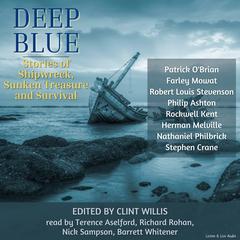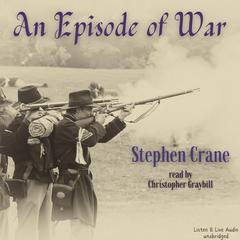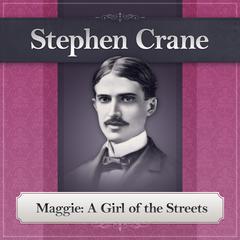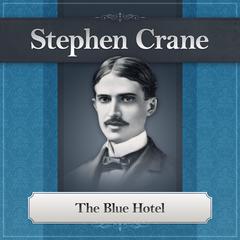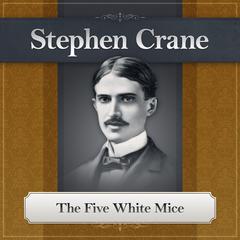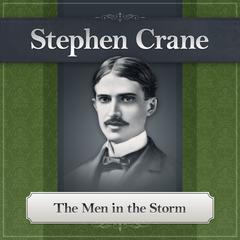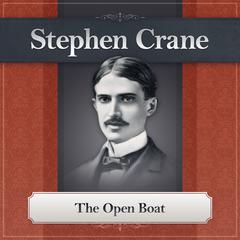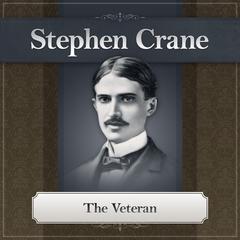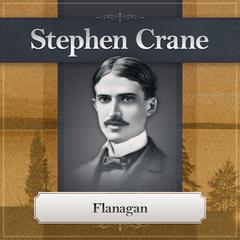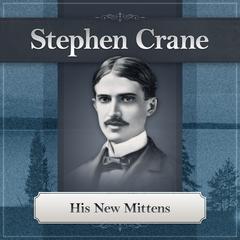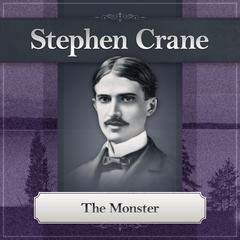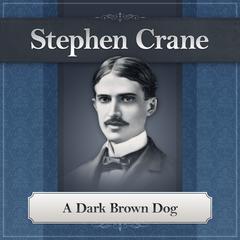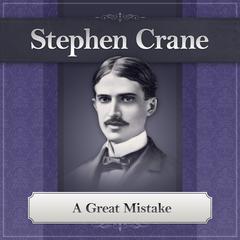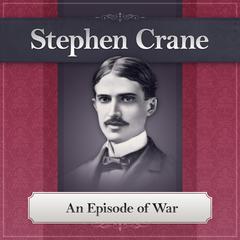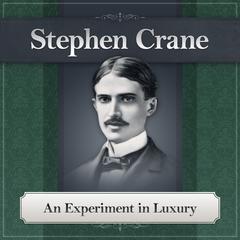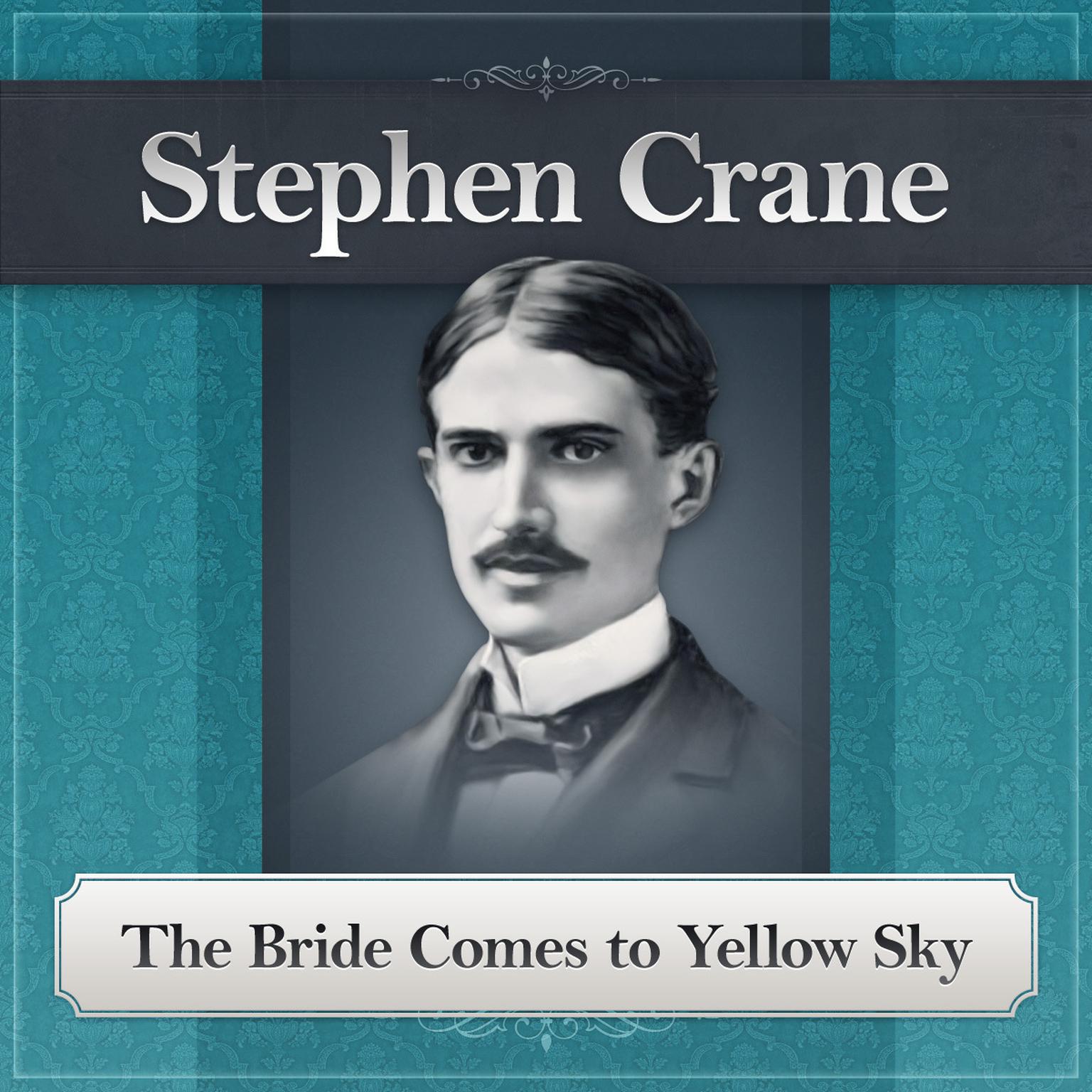 Play Audiobook Sample
Play Audiobook Sample
The Bride Comes to Yellow Sky: A Stephen Crane Story Audiobook
 Play Audiobook Sample
Play Audiobook Sample
Quick Stats About this Audiobook
Total Audiobook Chapters:
Longest Chapter Length:
Shortest Chapter Length:
Average Chapter Length:
Audiobooks by this Author:
Publisher Description
This is the third of the best Stephen Crane short stories, with “The Open Boat” and “The Blue Hotel” being the other two. The story starts in an interesting way as the older sheriff has gone to another town to marry a not so young and not so beautiful woman who he is obviously devoted to. They have a kind of grown up love not common in American fiction. They are on the train ride back to their new home, the Sheriff’s house.
The Sheriff is concerned he didn't let the locals know. But he has a far bigger problem in front of him. Scratchy Wilson, an OK man when sober, but riled up and dangerous when drunk which he is when the Sheriff and his new bride arrive in town. Alcohol here, as in “The Blue Hotel,” drives people to dangerous spots. The moment occurs when the Sheriff and the bride come upon Scratch who is pointing his gun at the Sheriff. In traditional westerns, and as in “The Blue Hotel,” the scene is set for the Sheriff to die and the bride abandoned. Instead, the Sheriff points out he has no gun, Scratchy considers this through his alcoholic haze, and decides this isn't fair and walks away. Not what one expects. Yet, the danger, immediacy of death at any moment, and the fear remain after Scratchy walks away. A stunning reversal of expectation.
As with “The Blue Hotel,” Scratch walking away has all the importance of a key moment in people’s lives that Sherwood Anderson describes in Winesburg, Ohio and Edgar Lee Masters in Spoon River, all written within a few years of each other.
Download and start listening now!
The Bride Comes to Yellow Sky Listener Reviews
Be the first to write a review about this audiobook!
About Stephen Crane
Stephen Crane (1871–1900) was an American novelist, poet, and journalist. He worked as a reporter of slum life in New York and a highly paid war correspondent for newspaper tycoons William Randolph Hearst and Joseph Pulitzer. He wrote many works of fiction, poems, and accounts of war, all well received but none as acclaimed as his 1895 Civil War novel, The Red Badge of Courage. Today he is considered one of the most innovative American writers of the 1890s and one of the founders of literary realism.
About Deaver Brown
Deaver Brown is an author and entrepreneur. He is a graduate of Harvard Business School, and his books include Crucial Conversations, Presidential Wisdom, George Washington: Farewell Address, and numerous others.







